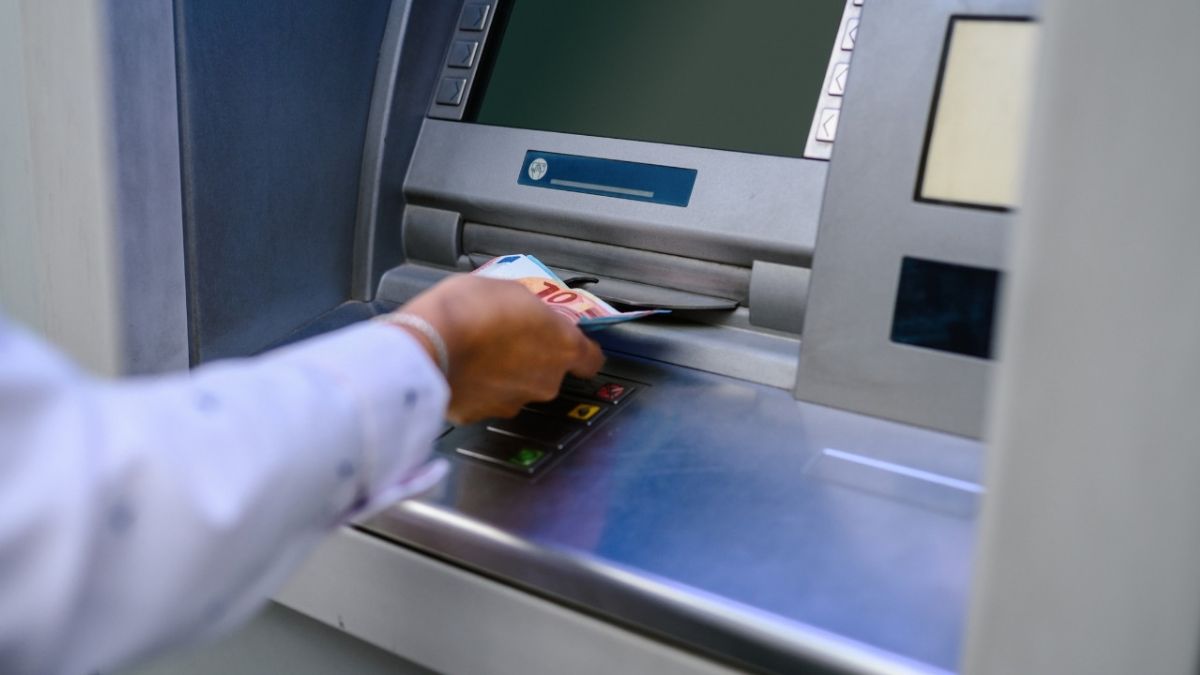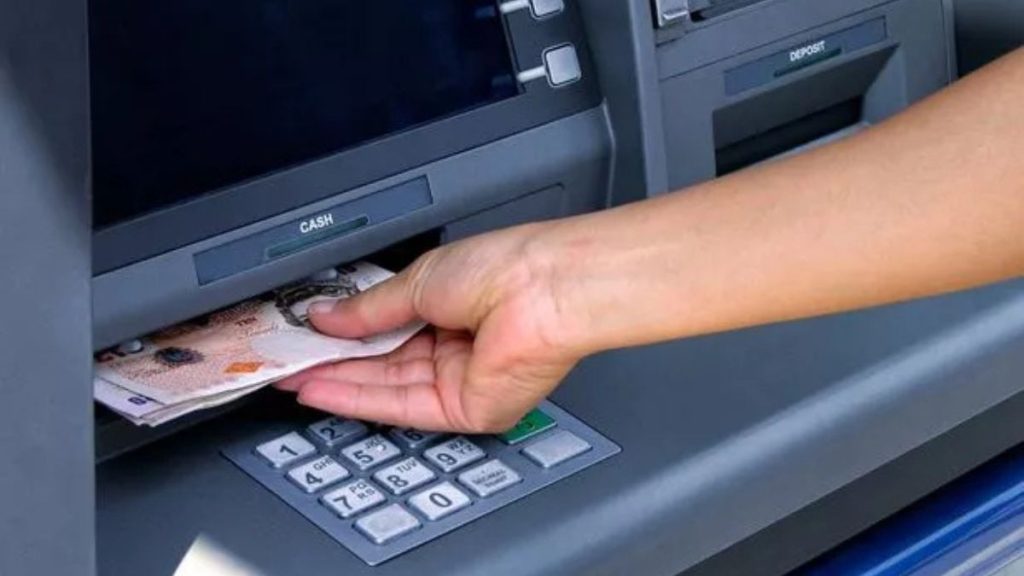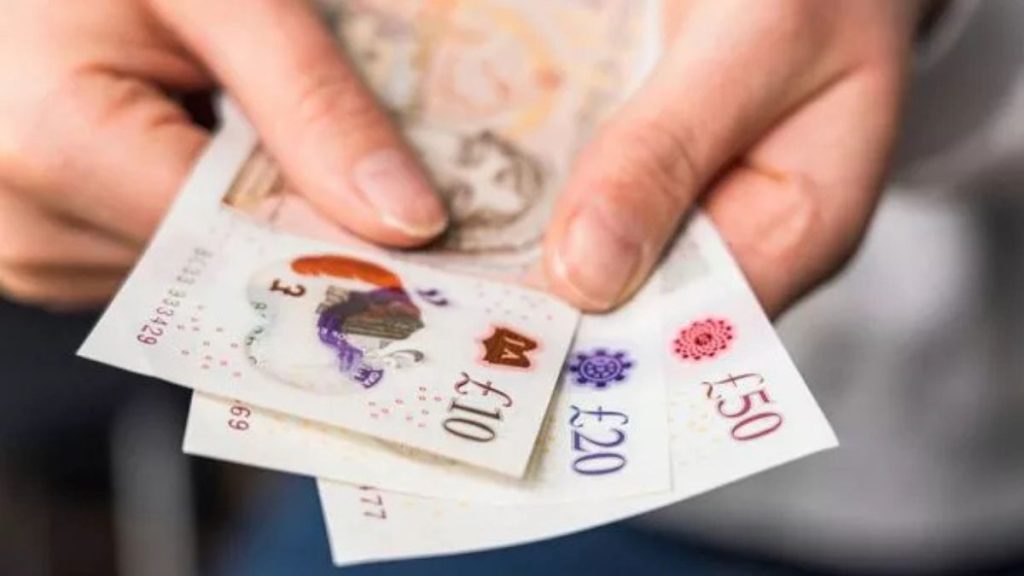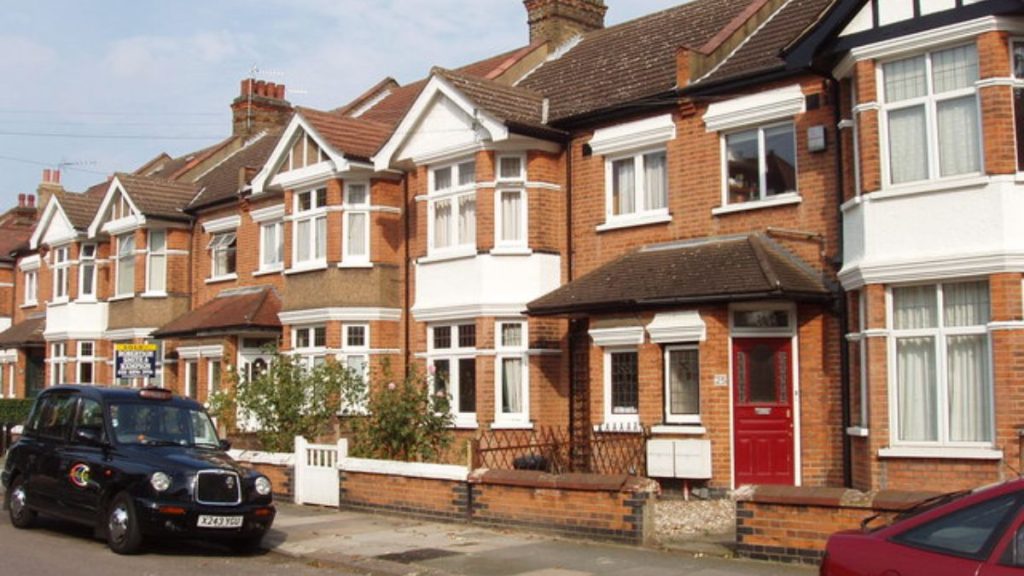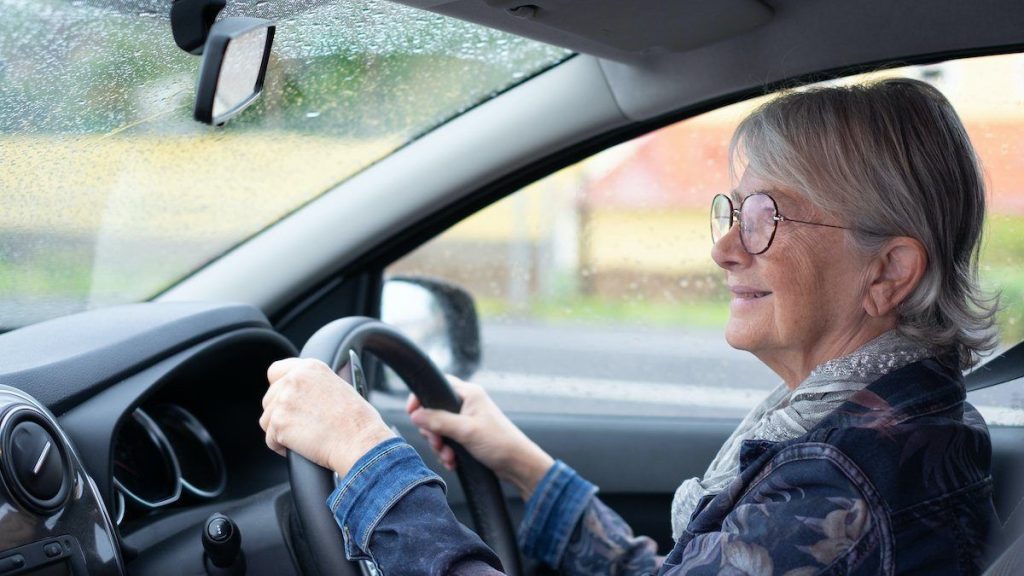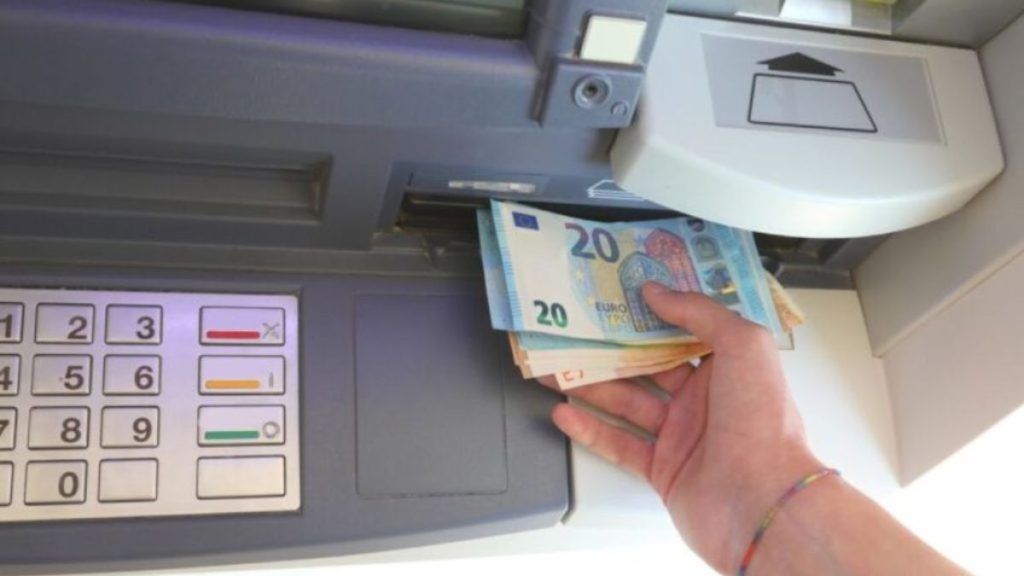As UK living costs continue to climb, the government has announced another round of financial support — the £450 MSC Cost of Living Payment, arriving in October 2025.
This one-off payment aims to help low-income households, pensioners, and families on benefits cope with rising bills, inflation, and everyday essentials. The Department for Work and Pensions (DWP) has confirmed that eligible claimants will receive the payment automatically, with no need to apply.
Here’s everything you need to know — from eligibility and payment dates to how to confirm your status and what to do if your money doesn’t arrive.
What Is the £450 MSC Cost of Living Payment?
The £450 MSC (Means-Tested Support Credit) Cost of Living Payment is part of the UK government’s ongoing response to the cost-of-living crisis. It provides direct, tax-free financial assistance to households receiving specific means-tested benefits.
The payment is non-repayable and will not affect your other benefits. It’s designed to help people struggling with rising energy bills, food costs, rent, and transportation.
This initiative forms part of a broader government strategy to provide seasonal relief payments ahead of the winter months, particularly as inflation and utility costs remain high despite an overall economic slowdown.
Why the Government Is Offering the £450 MSC Payment
Even as inflation has eased from its peak, prices for essentials remain stubbornly high. Many families are still facing financial strain due to rising living costs, with incomes and benefits failing to keep pace.
The £450 MSC payment is meant to:
- Offer short-term financial stability before winter.
- Help families manage key expenses like rent, heating, and groceries.
- Support vulnerable individuals who might otherwise fall into debt.
- Bridge the gap between broader welfare reforms planned for 2026.
The payment complements other government initiatives such as energy bill rebates, pensioner winter payments, and regional council support schemes.
Who Qualifies for the £450 MSC Payment?
To qualify for the £450 MSC Cost of Living Payment, you must be receiving one of the following means-tested benefits during the qualifying period:
- Universal Credit
- Income-based Jobseeker’s Allowance (JSA)
- Income-related Employment and Support Allowance (ESA)
- Income Support
- Pension Credit
- Working Tax Credit
- Child Tax Credit
If you’re eligible for any of these benefits for at least one day during the qualifying period, you’ll automatically receive the £450 payment — there’s no need to apply.
Important: You’ll only receive one payment per household, even if multiple people claim benefits together (e.g., joint Universal Credit claims).
What Is the Qualifying Period?
The qualifying period determines who is entitled to the payment.
While the DWP has not released official dates yet, it’s expected to follow a similar structure to previous cost-of-living payments — typically covering a three-week window before the payment date.
For example, if the payment starts in mid-October, anyone who received a qualifying benefit at any time between late August and mid-September 2025 would likely qualify.
If you submit a backdated benefit claim covering that period, you may still receive the payment once your claim is processed.
When Will Payments Be Made?
The £450 MSC payments will begin in mid-October 2025 and continue through late October, depending on which department issues your benefits.
Estimated Payment Schedule:
- DWP benefit recipients (Universal Credit, ESA, JSA, Income Support, Pension Credit): 14–18 October 2025
- HMRC benefit recipients (Working Tax Credit, Child Tax Credit): 24–28 October 2025
If you receive both DWP and HMRC benefits, you’ll only get one payment, not two.
All payments will be made automatically — there’s no need to apply or contact your local Jobcentre unless you experience a delay.
How the Payment Will Be Made
The £450 payment will be deposited directly into your usual bank, building society, or credit union account.
You’ll see it appear under a reference such as:
- “DWP COLP MSC £450” (if paid by DWP), or
- “HMRC COLP MSC £450” (if paid by HMRC).
This notation confirms your payment has been processed successfully.
The payment method and account used will be the same one where your regular benefits or tax credits are sent.
What If You Don’t Receive the Payment?
If you haven’t received your payment by early November 2025, you should:
- Check your benefit eligibility – ensure you were receiving a qualifying benefit during the required period.
- Confirm your benefit status – payments may be delayed if your benefit was paused or under review.
- Verify your bank details – make sure your account information is accurate.
- Contact the correct department –
- Call DWP if your main benefit comes from them.
- Contact HMRC if you receive tax credits.
You can also report a missing payment through the official GOV.UK portal, which will direct you to the appropriate helpline.
Does the £450 MSC Payment Affect Other Benefits?
No — this payment will not affect your existing benefits or tax credits.
It is tax-free, non-repayable, and excluded from income calculations used to assess eligibility for other benefits such as Housing Benefit, Council Tax Support, or Carer’s Allowance.
You can safely use the funds to cover essential expenses without worrying about losing future benefit entitlement.
Will Pensioners Receive the £450 Payment?
Yes. Pensioners who receive Pension Credit will automatically qualify for the £450 MSC payment.
In addition, they may also receive:
- The Winter Fuel Payment, and
- The Pensioner Cost of Living Payment, both scheduled for late 2025.
This means many pensioners could receive multiple layers of financial assistance before the end of the year.
What About Disability Benefit Recipients?
The £450 MSC payment is based on means-tested benefits, not disability benefits.
However, if you receive both a disability payment (like PIP, DLA, or ADP) and a qualifying means-tested benefit, you’ll still receive the £450 payment.
Those who receive only disability benefits (and no means-tested support) will not receive the MSC payment — but the government is expected to announce a separate disability cost-of-living payment later in 2025.
Comparison with Previous Cost-of-Living Payments
Here’s how the new MSC payment fits within the government’s broader support timeline:
| Year | Payment Type | Amount | Format |
|---|---|---|---|
| 2022 | Cost of Living Payment | £650 | Two instalments |
| 2023 | Cost of Living Payment | £900 | Three instalments |
| 2024 | Cost of Living Payment | £299 | Final instalment |
| 2025 | MSC Payment | £450 | One-off lump sum |
The 2025 MSC payment marks a new phase of support — slightly higher than the 2024 amount and more targeted toward vulnerable claimants.
Smart Ways to Use Your £450 Payment
While £450 may not cover all expenses, using it strategically can make a real difference. Experts recommend:
- Paying off urgent bills such as rent, electricity, or gas.
- Stocking up on food or essentials before winter price hikes.
- Topping up prepayment energy meters early to avoid disconnections.
- Reducing small debts to save on future interest.
- Setting aside an emergency fund for unexpected costs.
Key Takeaways
- Payment amount: £450 (one-off, non-repayable, tax-free)
- Payment date: Mid to late October 2025
- Eligibility: Recipients of means-tested benefits such as Universal Credit, JSA, ESA, Pension Credit, or Tax Credits
- Automatic process: No application required
- Impact on other benefits: None — it won’t affect your entitlement or income calculations
FAQs
Q1: What is the £450 MSC Cost of Living Payment?
A1: It’s a one-off £450 payment for people receiving means-tested benefits, designed to help with rising living costs in October 2025.
Q2: Who qualifies for the payment?
A2: Anyone receiving Universal Credit, Pension Credit, Income Support, JSA, ESA, Working Tax Credit, or Child Tax Credit during the qualifying period.
Q3: Do I need to apply for the £450 payment?
A3: No — it will be paid automatically into the same account where you receive your regular benefits.
Q4: Will this payment affect my other benefits or tax credits?
A4: No. It’s tax-free and won’t impact other benefits or income-related assessments.
Q5: When will I receive the money?
A5: Most payments will be made between 14–28 October 2025, depending on which department issues your benefit.
